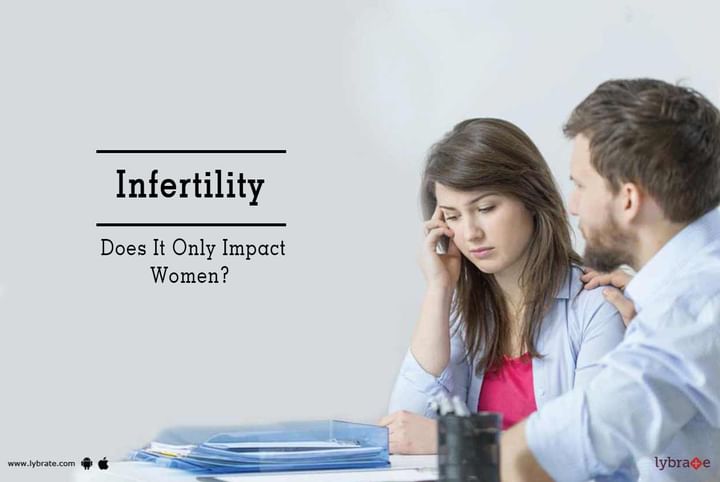Infertility - Does It Only Impact Women?
Infertility is a medical condition in which the patient fails to conceive after one year of having unprotected sex. It is advisable that women who are above 35 years of age and often experience irregular menstrual cycles should consult a doctor on being unable to conceive within six months.
Is infertility a common issue?
Infertility has become a common problem for the new age women. Sedentary lifestyle and stress are believed to hamper the fertility of women nowadays. According to a report, about 6 percent women in US in the age group 15-44 years are infertile.
Infertility: It’s not just a woman’s problem
Infertility is not an issue with only women. Both, men and women can be infertile or are responsible for the condition. The process of reproduction requires mutual co-operation from both sexes. Therefore, they can together contribute towards infertility as well. It is wrong to blame the woman only. According to the 2002 National Survey of Family Growth data, it has been found that about 7.5 % men in the age group of 18-45 years (who have has sexual exposure) visited infertility clinics at least once in their lifetime. Of these men, about 18% were affected with male-related infertility issues.
Infertility in men: Men can suffer from infertility due to various factors. The infertility can be detected by analysis of the semen. A doctor can evaluate the concentration of the semen or determine the sperm count, the mobility of the sperm and its shape or morphology. These are important for fertility. Semen analysis can be hampered due to the following conditions:
1. Varioceles - The veins on the man’s testicles are unnaturally large and leads to overheating of the sperms
2. Diseases like diabetes, cystic fibrosis, trauma and infection.
3. Unhealthy lifestyle
4. Environmental toxins
Infertility in women: Women must have proper functioning of the reproductive organs to become fertile. The fallopian tubes, ovaries and uterus must be physically and physiologically fit for getting pregnant. A woman may get infertile due to following reasons:
1. Irregular periods that suggests the woman is not ovulating properly.
2. Polycystic ovary syndrome (PCOS)
3. Functional hypothalamic amenorrhea (FHA) or excessive physical or emotional stress causing missed periods
4. Diminished ovarian reserve (DOR) or inability of the ovary to produce sufficient eggs
5. Premature ovarian insufficiency: The ovary stops functioning properly before 40 years of age
6. Blocked, swollen or open fallopian tubes
7. Menopause



+1.svg)
